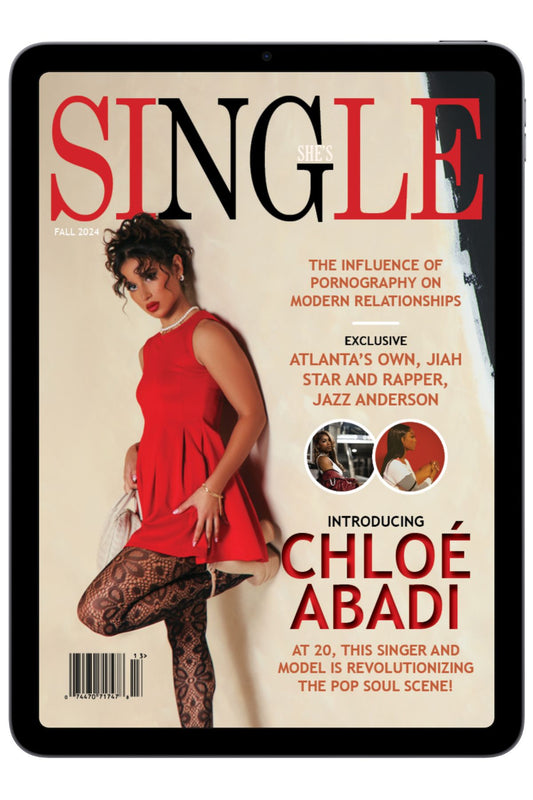Love Languages In Power Couples

The term power couple refers to a pair of individuals, often in a romantic relationship, who are both influential, successful, or prominent in their respective fields. While the exact origin of the term is unclear, it gained significant traction in the late 20th century, particularly in media and pop culture. Interestingly, the concept appears to be predominantly associated with one demographic, as it often highlights African American celebrities like Beyoncé and Jay-Z. Their immense influence, talent, and financial success often earn them this title.
But why is this the case? Why has no one referred to Kanye West and Kim Kardashian or Adele and Rich Paul as a "power couple" in the same way? While scrolling through Twitter, I came across a post of a couple photographed holding designer handbags and embracing. The caption read, “When she spoils you the way you spoil her,” which made me question: Who wants to be in a wallet war relationship?
A wallet war relationship is a term we’ve coined here at She’s SINGLE Magazine to describe the type of dynamic that seems disproportionately pushed onto Black and Brown communities via social media. It reflects the expectation that a woman must “bring something to the table” or financially reciprocate in a romantic relationship. Black men have joked about this for years, often referencing scenarios where they go all out for a girlfriend’s birthday—only to receive socks, boxers, or underwear in return.
The issue lies in the double standard: the expectation that women in Black relationships must financially match or exceed their partner’s contributions. This expectation does not seem to exist in other communities or in relationships where Black men date outside of their race. Consider Kanye West and his wife, Bianca Censori. One might ask, “What does she bring to the table?” or inquire about her financial contributions to their relationship. However, these questions are rarely raised.
When it comes to relationships involving Black women and Black men, the narrative shifts. There’s a heightened expectation that the Black woman must provide something of monetary value that equals or surpasses her partner’s efforts. This disparity raises important questions about the societal pressures placed on Black women in romantic relationships and the implications of these unbalanced standards.
I responded to the post by asking, “If this is the expectation, then why don’t both parties remain single and simply purchase the things they want with their own money?” As expected, a male commenter was not pleased. He took the time to try and shame me, stating that men should receive gifts in relationships if they’re providing them to their partners. While I don’t disagree that gift-giving can be a natural expression of love, when did it become an expectation or obligation for either party?
I firmly believe that when you actively pursue something, you’re implicitly stating that you’re comfortable with assuming responsibility for it. For example, someone who goes out of their way to purchase a pet becomes responsible for the animal’s well-being. Similarly, someone who buys a shirt from the mall assumes responsibility for maintaining that article of clothing. To be clear, I’m not comparing women to pets or shirts, but rather illustrating that women are often pursued by men with the intent of enriching their lives—not to shoulder the financial burdens of the relationship.
If a man did not pursue this woman, she would retain the financial freedom to purchase the gifts he expects her to reciprocate. Yet, once he pursues her, the expectation arises that she must now “afford” him and match his spending. Isn’t that… odd?

by Lisa K. Stephenson for Melanin In Motion: Winter 2025 Issue
Want to keep reading? Snag the print issue now or the digital issue to download right to your device








